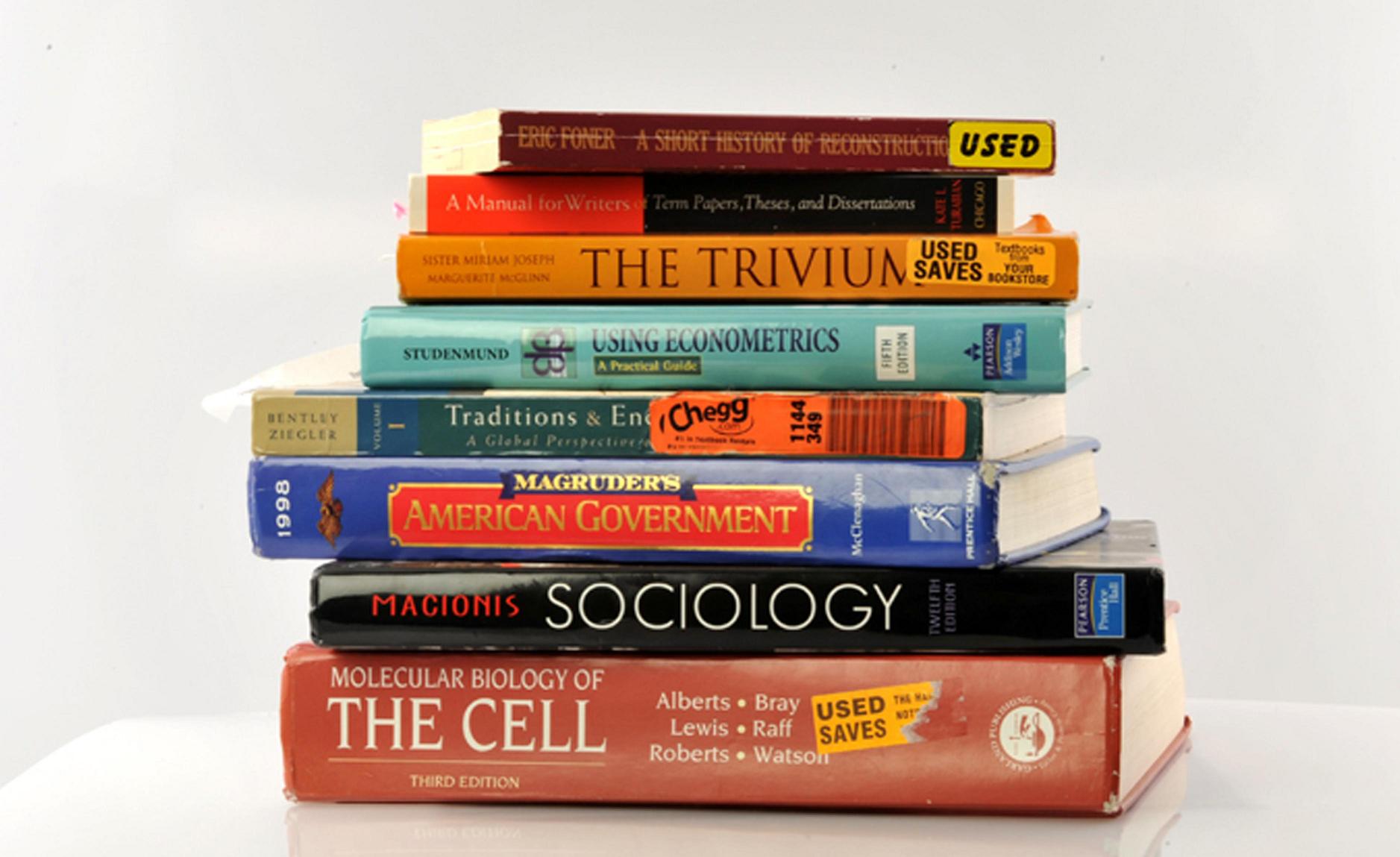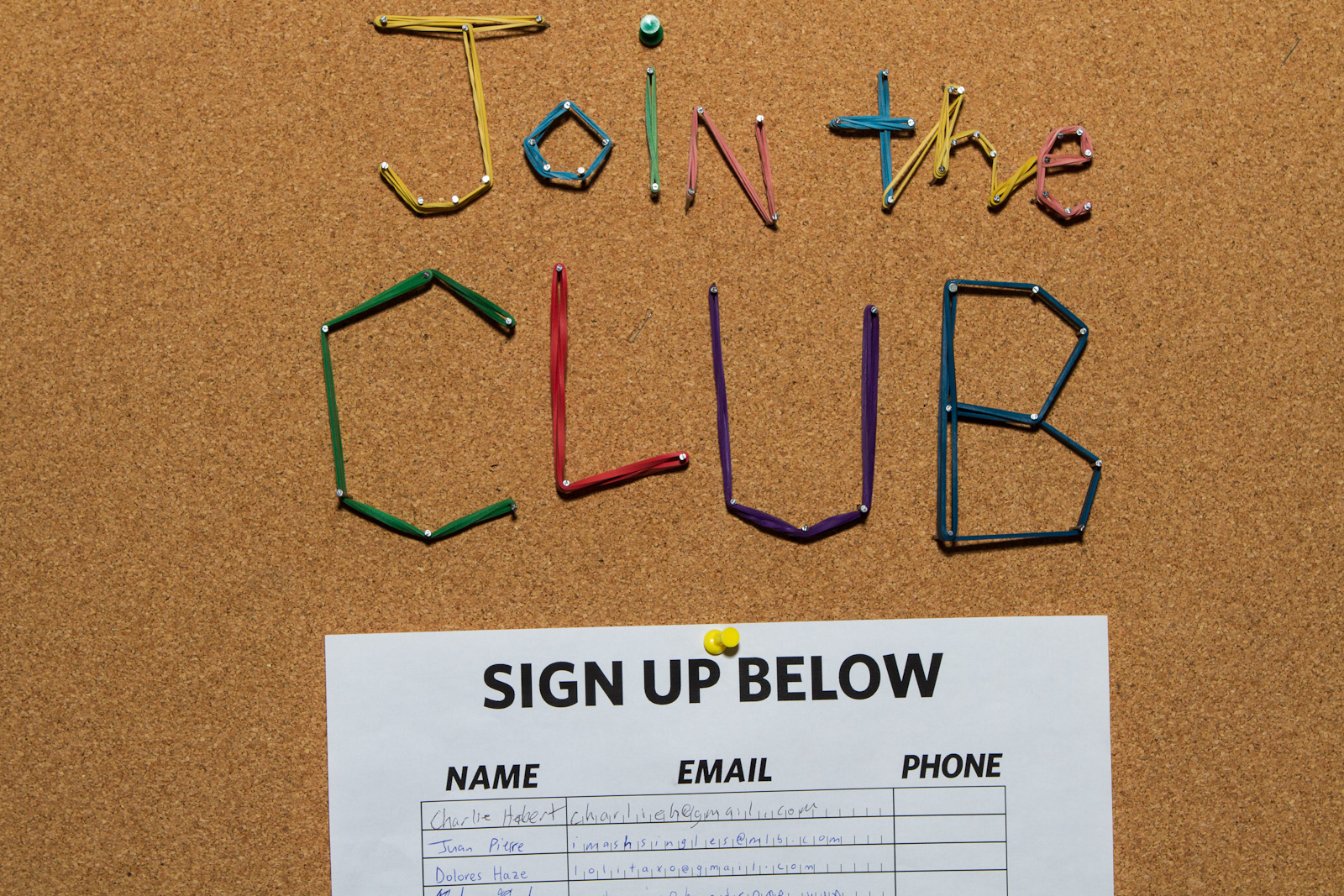Rhetorics is certainly not an easy course. I know a bunch of people will groan and pull the whole, “Oh, the life of an arts student!” but seriously, if you were forced to write an over-extrapolated paper every two weeks about a very vague and subjective topic, you’d feel my pain. It’s almost like a philosophy course, except there is no reasoning behind anything. At all.
Recently we were asked to do a topic proposal for our final projects. Considering he made it seem like a fairly easy task: propose a topic, find some primary documents, and cite some sources you may be using. The nature of topic proposals are quite lenient unto themselves, so I wrote one in about 45 minutes and turned it in the next day with no hassle.
The problem, however, is the mark I received (which, by the way, I didn’t even know was for marks). I got an 18/25 because I “missed” a primary document that I stated I wouldn’t be talking about. Besides that point, and besides the mark, everything in class is weighted evenly – so my shitty topic proposal that took me 45 minutes to complete (and it would’ve been quicker if I didn’t have to cite sources) is worth the same as my 1-page responses, which are equal to an 8-page final paper that will take me upwards of about two weeks to complete (not including doing my readings, prepping my argument, editing/proofreading, etc.).
I personally don’t think this is fair, especially since we don’t get to re-do any of our assignments. The fact the amount of effort it takes to complete any given assignment fluctuates, which is already enough reason to argue the fact that things should be weighted differently. Our prof claims that he wants us to take every assignment seriously, and of course that’s what we (or at least I) do, but this policy makes me want to try less hard for my final paper – especially if it’s just going to count for the same amount as something I worked for 45 minutes on.
Furthermore, the instructions for the responses are quite vague, especially since rhetoric can apply to many aspects of the world around us. and when we do find something to write about, he docks a lot of marks because of formatting or the fact that the topic we chose to write about wasn’t exactly what he was looking for (even if we applied the theories correctly).
I’m conflicted as to whether or not I should talk to my prof about this because I already know he won’t budge on his stance. It sucks, obviously, especially because I tanked my oral presentation, but alas – sometimes life sucks.
 Follow
Follow

